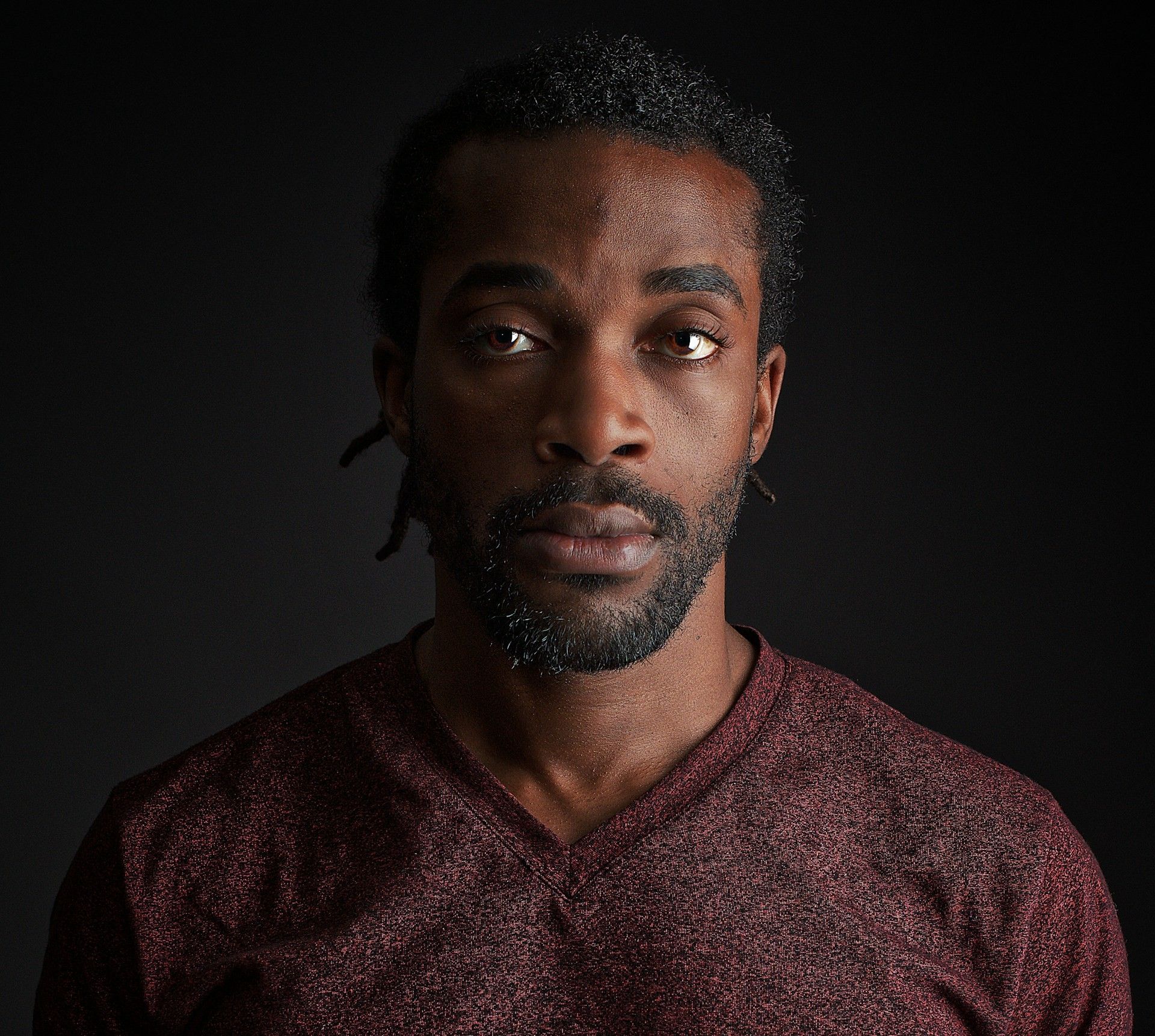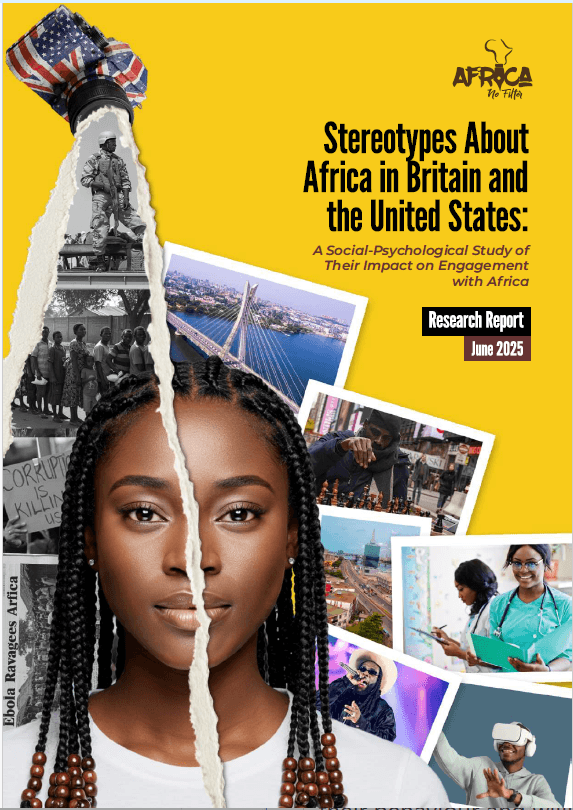The statement 'the truth shall set you free' is by itself a fundamental life fact. But this statement also raises philosophical ambiguities. What is the truth? What does freedom mean? Despite the ambiguities, you must have a functional definition of the two concepts which exist like yin and tang. Freedom allows you to explore and experiment, but the truth is grounding. If these two get out of balance, a disaster starts to brew.
To gain further insight, we shall journey in the shoes of Ian Wekesa Onono who underwent depression and paralysis as a result of misaligning the two.
"I fell into a depression and ended up losing my mortar functions,’’ Ian said.
We are standing on a lawn, just behind Ebru TV studios. We are there to interview for a TV Anchor position. But before it is our turn we find ourselves engrossed in conversation and Ian starts narrating his story.
Personally, I cannot believe what I am hearing. I am in awe, the entire time. I even interrupt him to have him retell bits of the story that, to me, are unbelievable.
At some point, we part ways with half the story. I promise Ian that I will be in touch for the whole story. And now that I have the whole story I cannot overstate the importance of self-acceptance.
Ian Wekesa Onono is a recent graduate of Moi University. His unfortunate journey started at the beginning of his campus life.
Trapped in a lie
Upon admission to campus, he experienced a shift in the environment. Suddenly there was a lot of freedom as compared to high school. At this place, he could do whatever his heart desired and become whoever he wanted to become. This would prove to be both a gift and a curse because this situation served to reveal deep insecurities within Ian.
He wanted to make friends, encounter people with similar interests and goals in life; people he could belong to. Woefully, Ian harboured a major insecurity; he was ashamed of his background. He thought coming from where he came from made him a lesser being. When he went out to make friends he abandoned his truth and constructed a more befitting narrative.
Ian's home was in Uthiru, where he shared a two-roomed house with his mother and brother. But he chose to tell a different story. "I come from Westlands, and we live in a penthouse", he would tell his friends.
If you come from Westlands and you live in a penthouse, there is a given type of lifestyle you are expected to lead. As you would expect, Ian was struggling to keep up with it. He carried on this narrative for three years. In the third year, things completely fell apart.
The departure from reality (truth) had been slowly affecting him mentally. His lack of authenticity denied him real friendships. This left him lonely. He became irritable and abusive. In due course, depression kicked in.
He lost all his "friends" save for the girlfriend. She started noticing something was amiss with Ian. It got alarming when Ian started losing memory, failing to remember where he had been or tasks he had completed. She communicated with Ian’s family, and Ian went home for medical treatment.
He was admitted to Avenue Hospital. The doctors misdiagnosed him as a drug user, despite Ian’s mother's objection. The misdiagnosis led to his paralysis. He stayed in the hospital for a month doing physiotherapy but the bills were stacking up. Ian had to be moved home where he was bedridden for four months. And then, a miracle happened.
In the four months, he would try to stand or move, but he would stagger and collapse. But one morning, Ian woke up to a video of his classmates praying for him. He jumped up in excitement. Initially, when he stood, he would stagger but now, he was standing upright. That day marked the beginning of a recovery journey.
Proclaim your truth
Ian worked with a psychiatrist and is, to date, under medication to aid him the manage depression.
What fascinates me most about this story is how a seemingly small lie started a domino effect that led to depression and hospitalisation. In the beginning, the lie was innocent but down the road, it turned tragic.
The journey towards recovery continues for Ian. Reflecting on what lead him here, the main advice Ian offers anyone who speaks to him is self-acceptance. "The most essential thing in life is to live your truth. Let them embrace you or loathe you for who you genuinely are".
Also read: Tabula Rasa: How to Reinvent Yourself





